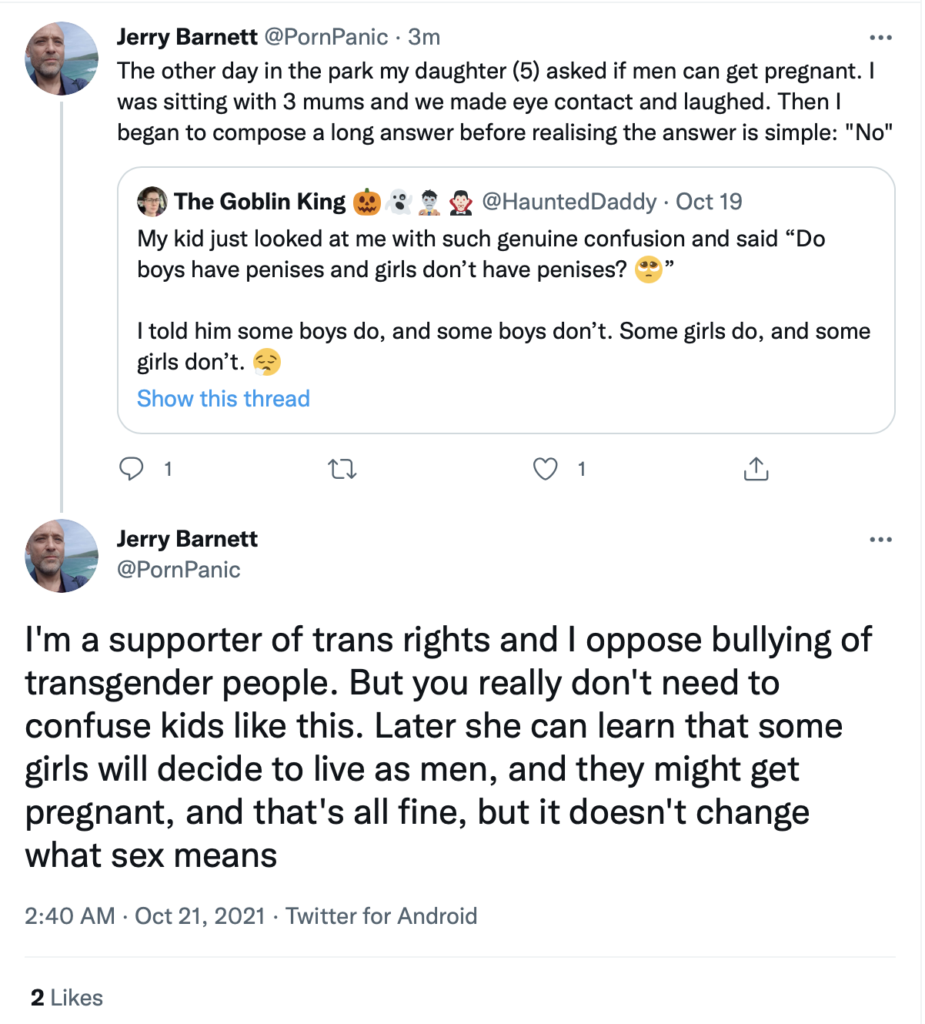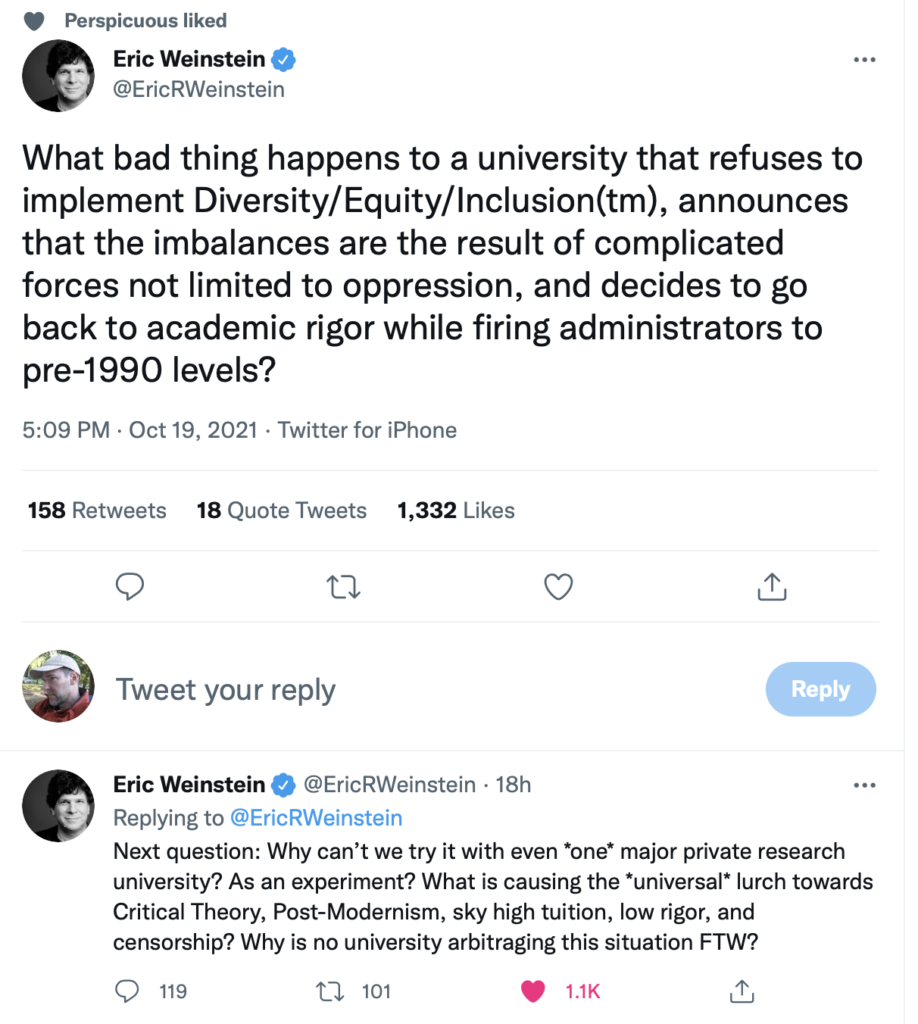Excerpt from an article at FAIR's Substack by Alice Irby, who helped establish the Job Corps, and in the 1970s joined Rutgers University as the first female Vice-President of a major university. Title of her article: "Then and Now":
Many of us who labored in the civil rights movement were inspired by Martin Luther King Jr. I heard him call on us to respect others, not suppress them; to embrace diversity, not discriminate against each other; to improve our country, not tear it apart. Hope. Dreams. Fairness. Equality. The coming together of diverse people from all walks of life to work toward fulfilling the promise of life, liberty and the pursuit of happiness as promised by the Declaration of Independence. The Civil Rights movement opposed bigotry by relying on hope, opportunity, and cooperation. We did not succumb to anger, dissension, despair, or intolerance.
Now, as I look around, I am frightened. I see hate, not hope; dissension, not dreams; tribalism, not unity. The Civil Rights movement fought for the principle of equal opportunity, regardless of race. Today, those who call for “equity” actually support discriminating against individuals based on race to bring about equal outcomes between racial groups.
I am a follower of Martin Luther King Jr., not Ibram X. Kendi. I do not believe that present discrimination is the remedy for past discrimination. Our nation was not founded on slavery, but on ideas that paved the way for the abolition of slavery. It is because of these beliefs that I support FAIR, a multiracial, non-partisan organization dedicated to principles of fairness, tolerance, and equality—a community whose advisors and members stand tall in reaffirming our common humanity and who show courage in combating forces of intolerance, racism, and injustice. I stand not only for our founding ideals and aspirations, but also for more eternal verities—compassion, respect for all, kindness toward others, and love of mankind. I choose the optimism of King over the pessimism of the neo-racist “anti-racism” of today.
We are all one race—the human race. We laugh, cry, and bleed the same. America is a beautiful multiracial mosaic, and it grows more diverse with each passing year. In our present moment, it is especially necessary to hold true to the values of fairness, understanding, and humanity that shaped the Civil Rights movement in the 1960s. These are the values that can help to heal our societal wounds, restore excellence to our educational institutions, ensure justice and equal rights for all, and garner our many diverse strengths as we seek, as ever, a more perfect union.


